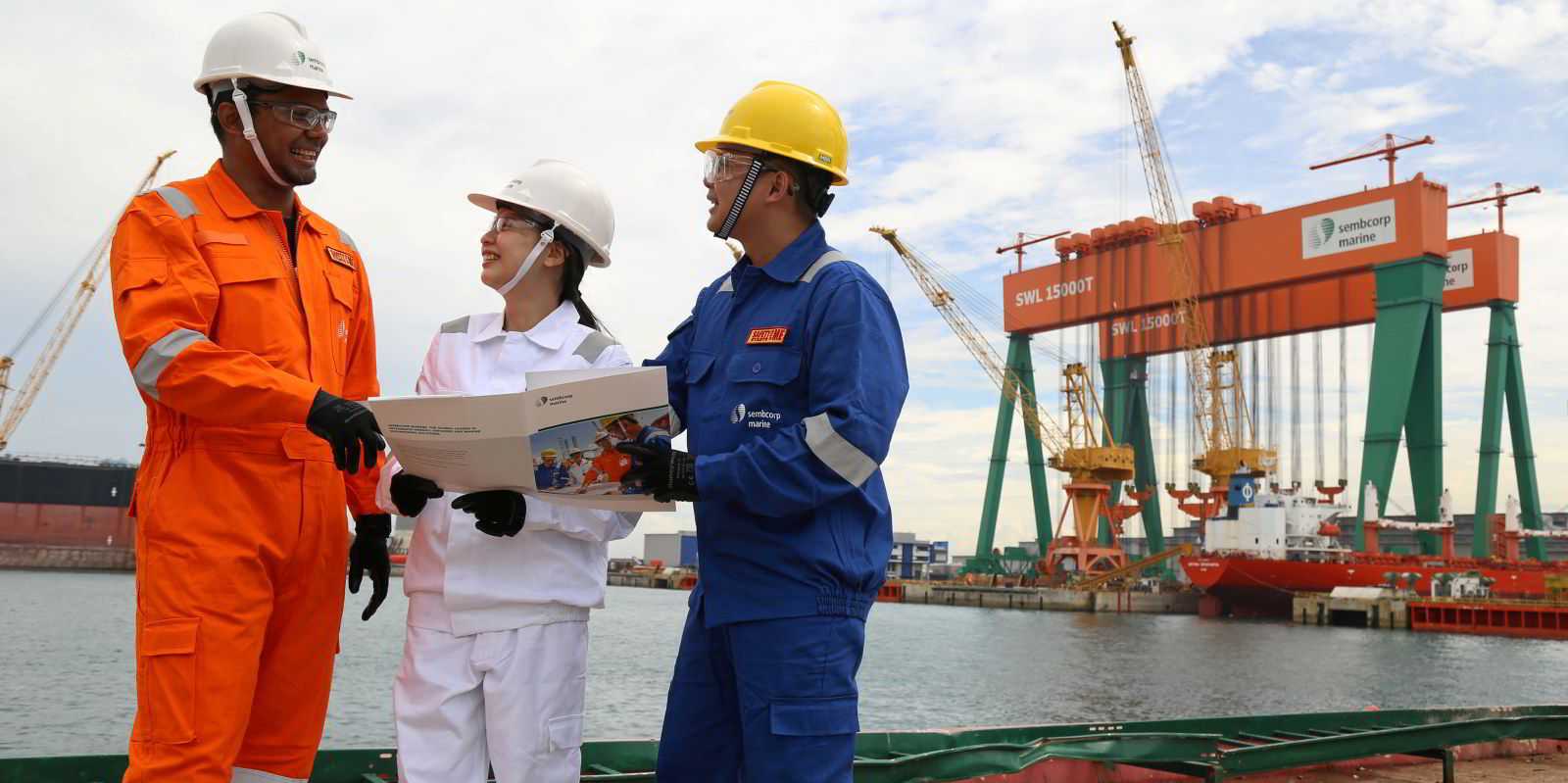Worldwide, there is approximately 1.2 million people employed in the shipping industry according to the Maritime Industry Foundation’s Maritime Knowledge Center. Below is frequently asked questions and answers that maybe useful for anyone seeking a career in this job sector.
1. What Are The Most Common Maritime And Shipping Jobs?
The most common maritime and shipping jobs include: 1. Deck Officers: Deck officers are responsible for the navigation, operation, and safety of the vessel. They are responsible for the overall management of the vessel and its crew, and they must be knowledgeable in areas such as navigation, seamanship, and ship operations. Deck officers typically hold a license from the U.S. Coast Guard or other maritime regulatory body.
2. What Are The Qualifications Required For Maritime And Shipping Jobs?
The qualifications required for maritime and shipping jobs vary depending on the specific job, but there are some general qualifications that are necessary for most positions. First and foremost, a maritime and shipping job requires a good understanding of the maritime industry. This includes knowledge of the laws and regulations governing the industry, as well as the ability to read and interpret nautical charts and other navigational documents.
3. What Are The Working Conditions Like For Maritime And Shipping Jobs?
The working conditions for maritime and shipping jobs vary greatly depending on the type of job and the company. Generally, maritime and shipping jobs involve working in a variety of environments, from the open ocean and ports to warehouses and offices. Maritime jobs can be physically demanding and require workers to be in good physical condition. Working on a ship, for example, may involve long hours of standing and lifting heavy objects.
4. What Are The Hours Like For Maritime And Shipping Jobs?
The hours for maritime and shipping jobs can vary greatly depending on the type of job and the company. For example, some positions may require long hours of work, while others may offer more flexible schedules. For positions such as captains, mates and engineers, the hours are often long and irregular. Captains and mates are typically responsible for the navigation of a vessel, and they often work long hours in order to ensure the safety of the vessel and its crew.
5. What Is The Pay Like For Maritime And Shipping Jobs?
The pay for maritime and shipping jobs varies depending on the type of job and the experience of the individual. Generally, the pay for maritime and shipping jobs is higher than the national average for all occupations. For example, the median annual wage for captains, mates, and pilots of water vessels was $77,200 in May 2019. The median wage is the wage at which half the workers in an occupation earned more than that amount and half earned less.
6. What Are The Career Prospects Like For Maritime And Shipping Jobs?
The career prospects for maritime and shipping jobs are very promising. With the world's population continuing to grow and the global economy becoming increasingly interconnected, the demand for maritime and shipping jobs is expected to remain high. Maritime and shipping jobs involve a wide range of activities, from managing fleets of ships to overseeing port operations.
7. What Are The Risks Associated With Maritime And Shipping Jobs?
The risks associated with maritime and shipping jobs are numerous and varied. Maritime and shipping jobs involve working in a highly dangerous environment, with many potential hazards. One of the most significant risks is the risk of physical injury or death due to accidents. Maritime and shipping jobs involve working on large vessels, often in rough weather conditions. This can lead to slips, trips, and falls, as well as the potential for equipment failure or malfunction.
8. What Are The Benefits Of Working In The Maritime And Shipping Industry?
The maritime and shipping industry offers a wide range of benefits to those who choose to pursue a career in the field. From the potential to travel the world, to the opportunity to work in a fast-paced and ever-changing environment, the maritime and shipping industry offers a variety of advantages. One of the primary benefits of working in the maritime and shipping industry is the potential to travel the world.
9. What Are The Challenges Of Working In The Maritime And Shipping Industry?
The maritime and shipping industry is a complex and ever-changing environment that presents a wide range of challenges to those who work in it. From the physical dangers of working on the open seas to the complex regulations and paperwork that must be navigated, the maritime and shipping industry is full of unique challenges. One of the most significant challenges of working in the maritime and shipping industry is the risk of physical danger.
10. What Are The Best Maritime And Shipping Companies To Work For?
The best maritime and shipping companies to work for depend on a variety of factors, including the size of the company, the type of work they do, the location, and the benefits they offer. When it comes to size, the larger companies tend to have more opportunities and better benefits. These companies are usually well-established, with a long history of success and a strong reputation in the industry.
